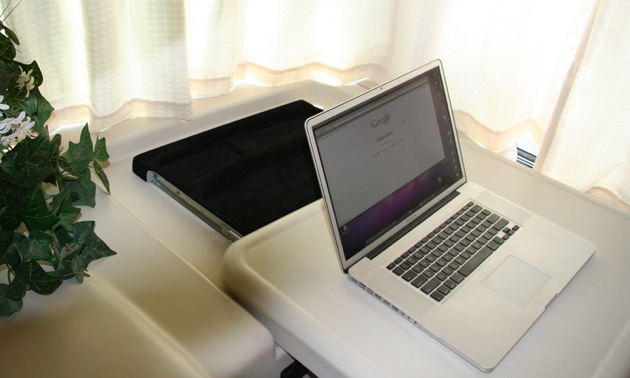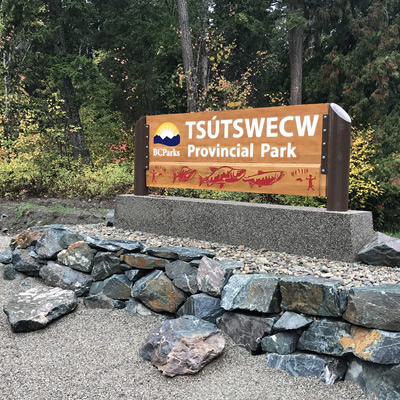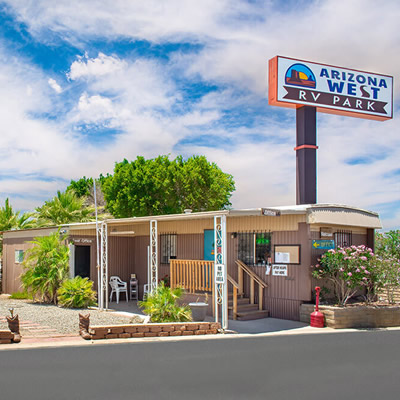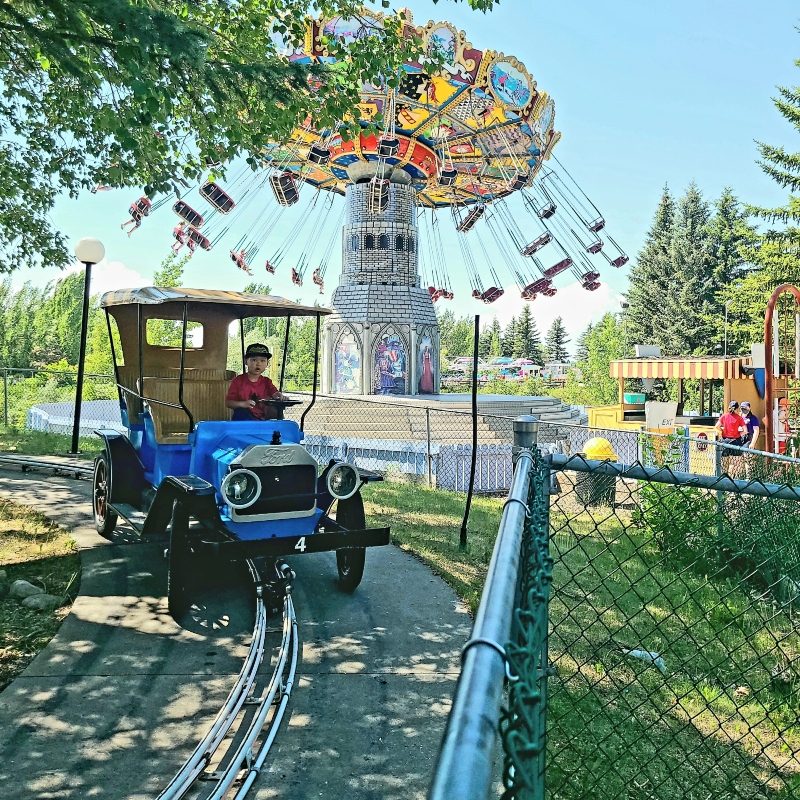Combining the wilderness experience with modern services

As a connected society it is hard for people to be without their iPhones, laptops and tablets while they are camping. Sure, they want to enjoy the great outdoors, the walks in the wilderness, spend the day at the lake fishing or sitting around the campfire, but they still want to be able to keep in touch with their friends and family back home, watch the news and even read emails from work.
Many want to update their vacation in real time on social media like Facebook, Twitter, Instagram and Google+. After a day of hiking and taking photos of the stunning beauty, they want to share their experiences and show off these photos.
RV parks are starting to understand this need and are supplying campers with free Wi-Fi, although provincial parks in Canada seem to be farther behind in this and may not offer such a service. Some provinces are more likely to offer Wi-Fi services in their provincial parks, with Nova Scotia being out in front. B.C. tends to have many “electronics free” provincial parks. In the United States, California boasts that all of its state parks are connected, but not all states follow suit.
So if you are concerned about being connected, be sure to check before you go to see if the campground you want to stay at will allow you to remain connected or not.
There is an app called AllStays that gives information about campgrounds, including whether they have Wi-Fi or not.








